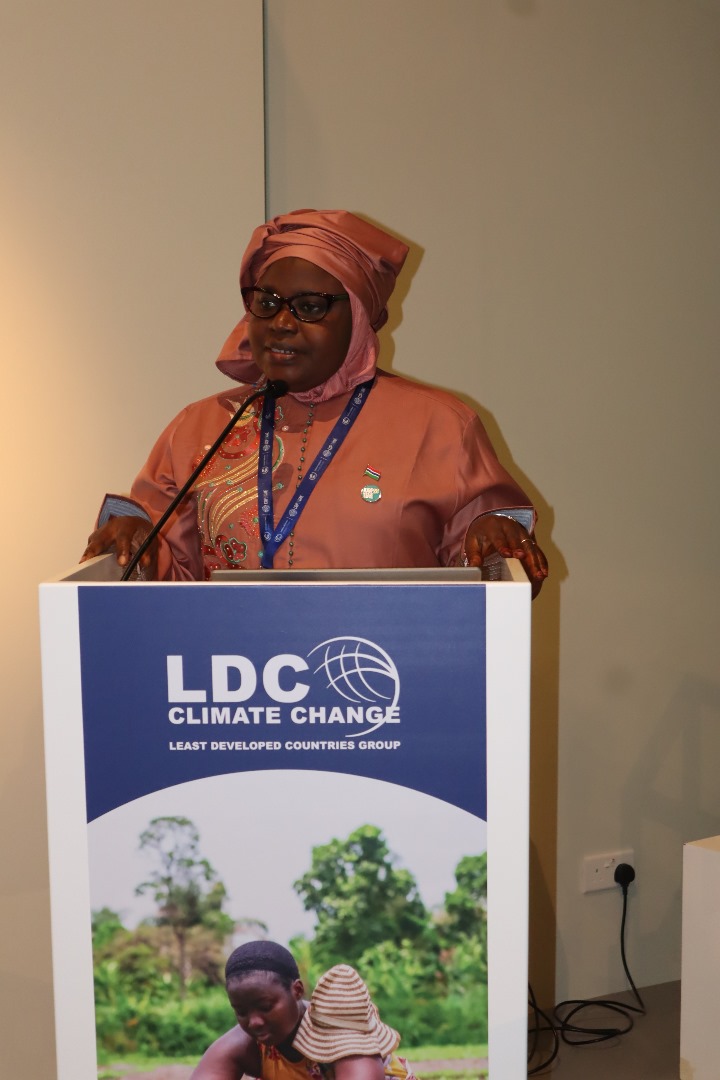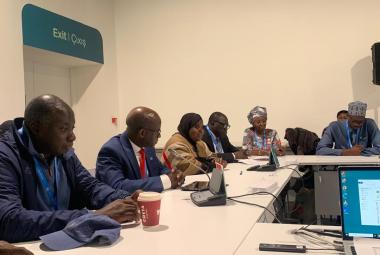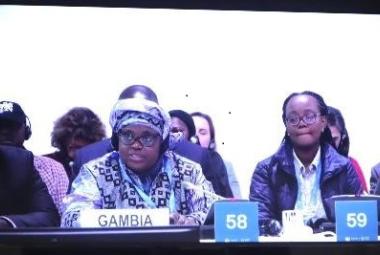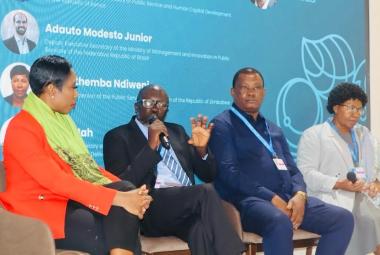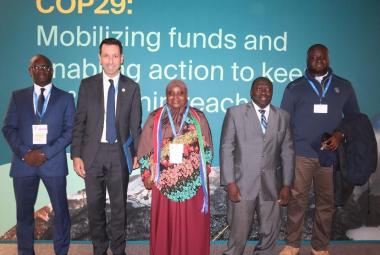This year’s Conference of Parties (COP28) is seemly seen as a beacon of hope for the Least Developed Countries as the loss and damage was officially established. This fund is to provide funding for the vulnerable countries hit hard by the effects of climate change.
At COP28 a sum of $700m pledge was made for the loss and damage fund. The pledge was made by countries that are responsible for worsening the impact of climate change.
However, experts believed that this money would not be enough as this fund is equivalent to less than 0.2% of the irreversible economic and non-economic losses developing countries face from global heating every year.
In this year’s COP28, LCDs are stepping up their game to demand more climate justice, financial compensation for loss and damage as well as less bureaucracy in accessing those finances.
The LDCs suffer the most from the effects of climate change even though they are the least contributor to climate change.
According to the United Nations, LDCs are low-income countries confronting severe structural impediments to sustainable development. They are highly vulnerable to economic and environmental shocks and have low levels of human assets. Gambia is one of the 46 countries that as listed as least developed country.
Several side events are been held at the COP28 all of which are geared towards demands for climate finance of the LDCs.
In her opening remarks during the panel discussion on ‘’Catalyzing Climate Finance To Translate Global Climate Decision Into Actions In The Least Developed Countries,'' the Hon. Minister Rohey John-Manjang stated that the extreme climate change effects underscore the LDCs' urgent call for ambitious outcomes at COP28, many of which require bridging the wide financing gaps on adaptation, loss and damage, mitigation, and just transition alongside the resources required for strengthening the capacity building of the LDCs.
She called for a scaled-up grant-based climate finance to support the implementation of the t National Adaptation Plans, Nationally Determined Contribution, and long-term low carbon emission climate resilient development strategies.
It is believed that due to multiple global crises, the climate emergency, growing debt burdens, dependence on commodities, and declining foreign investments into LDCs have strained their finances, jeopardizing their progress toward the Sustainable Development Goals (SDGs), including a low-carbon transition.

